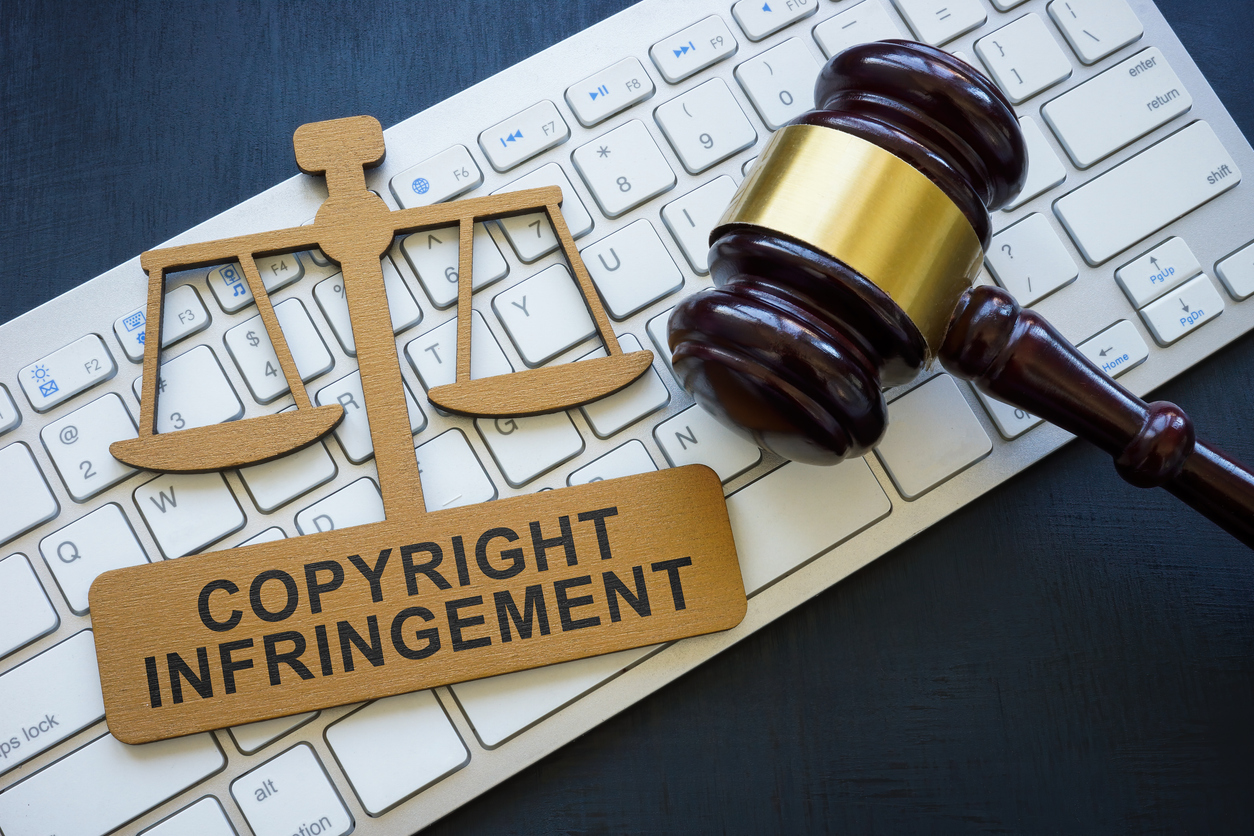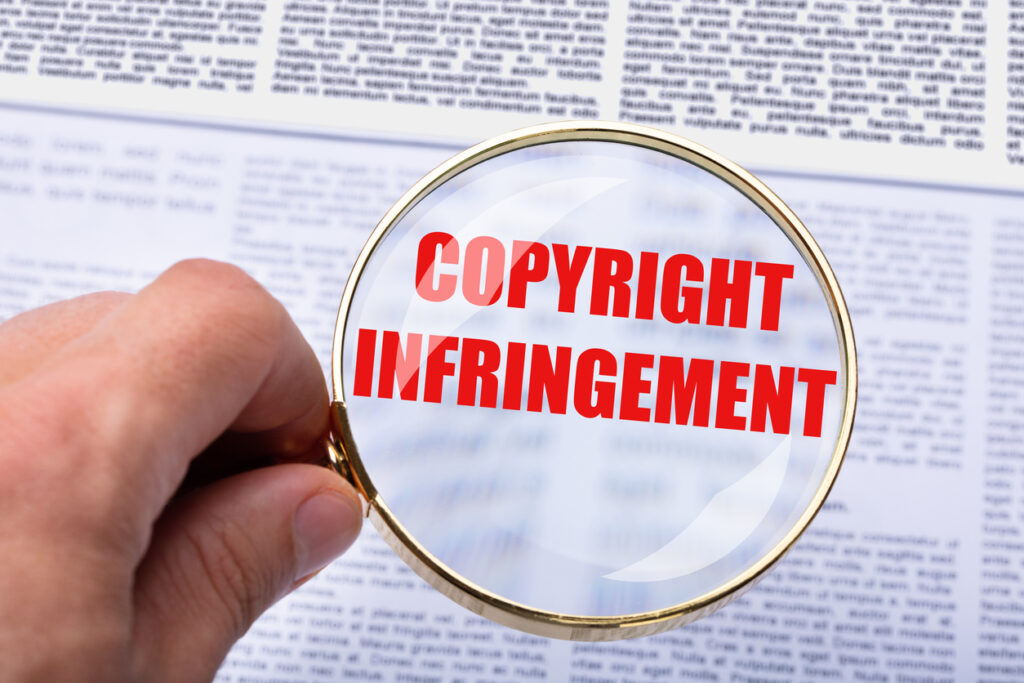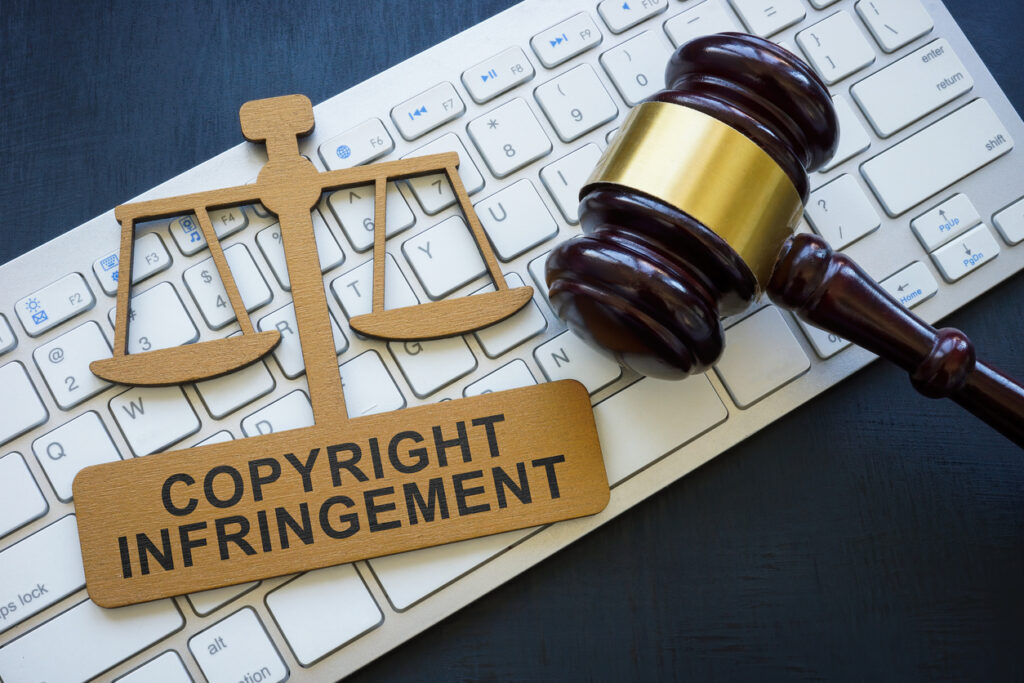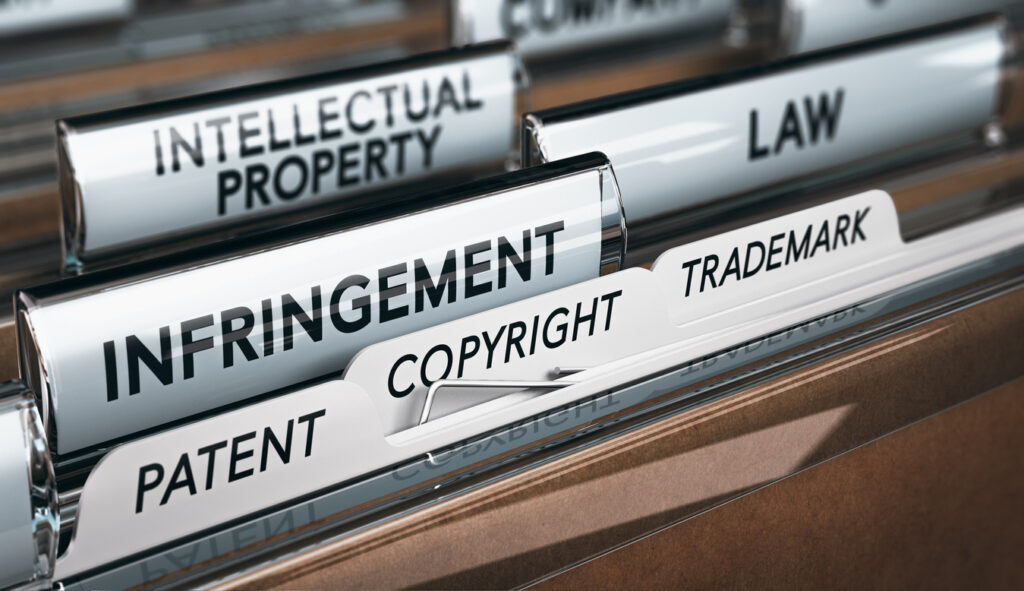- 2 Nov 2025

The digital age has made it easier than ever to create, share, and distribute content. However, this accessibility also comes with significant legal risks, particularly regarding copyright infringement. When a person or business uses another party’s protected work without permission, whether intentionally or not, they open themselves up to potential lawsuits, statutory damages, and in certain cases even criminal liability. Courts take intellectual property protections seriously, and knowing how to avoid missteps is essential for safeguarding personal and business interests.
Many creators believe that simply giving credit or slightly altering material shields them from liability, but this is not the case. Copyright law protects the original expression of ideas in mediums such as literature, music, photography, software, and film. Even unintentional copyright infringement can trigger severe financial penalties, which makes proactive steps toward compliance crucial.
Why Copyright Infringement Claims Are Increasing
The growth of online platforms has created vast opportunities for content use, but it has also contributed to the rise of copyright infringement disputes. Streaming, e-commerce, social media, and independent publishing allow users to access and repurpose content rapidly. This ease of distribution often leads individuals or companies to unknowingly engage in actions that may constitute infringement.
Courts have recognized that widespread online copying makes enforcement a necessity, and organizations ranging from record labels to independent photographers have turned to litigation to protect their work. The U.S. Copyright Office and federal courts handle thousands of infringement claims each year, reinforcing the importance of respecting intellectual property rights. To avoid being on the receiving end of these claims, awareness and prevention are the first lines of defense.

How Fair Use Affects Copyright Infringement Defense
A common misconception is that citing “fair use” automatically shields a party from a copyright infringement claim. Fair use is a limited exception, evaluated on factors such as the purpose of use, the nature of the original work, the amount used, and the effect on the market value. Courts interpret these factors narrowly, and misapplying the doctrine often leads to liability rather than protection.
Educational, transformative, or commentary-based uses may sometimes qualify as fair use, but commercial applications generally face stricter scrutiny. For this reason, relying solely on fair use as a shield can be risky. Individuals and businesses that wish to repurpose existing works should carefully assess whether their intended use could realistically meet these standards.
Preventive Steps Against Copyright Infringement
The best way to avoid liability is to adopt preventive practices that ensure all content used is either licensed, original, or falls within clear exceptions. Consistently documenting ownership rights, securing written licenses, and verifying sources are essential measures. For businesses, establishing internal compliance policies can reduce the risk of employees unintentionally engaging in copyright infringement.
Additionally, creators should consider registering their own works with the U.S. Copyright Office. While protection attaches upon creation, registration provides a strong foundation for enforcement and the ability to pursue statutory damages in court. This dual approach of respecting others’ rights and protecting one’s own creations helps minimize exposure to legal claims.
The Role of Contracts in Preventing Copyright Infringement
Contracts are powerful tools for avoiding copyright infringement disputes. Licensing agreements, independent contractor contracts, and distribution terms all help clarify ownership and permitted use. Without these legal safeguards, confusion over rights frequently leads to litigation.
For example, businesses that outsource content creation should ensure contracts specify who retains copyright ownership. Similarly, licensing arrangements should outline the scope of use, duration, and any limitations. Clear documentation provides both parties with legal protection and demonstrates good faith in respecting intellectual property rights.
Consequences of Failing to Avoid Copyright Infringement
The repercussions of failing to guard against copyright infringement are severe. Civil penalties can range from thousands to hundreds of thousands of dollars depending on whether the violation is deemed willful. Beyond financial consequences, reputational harm and loss of credibility often accompany infringement claims.
In some circumstances, infringement can escalate into criminal charges. For instance, large-scale unauthorized distribution or willful commercial exploitation may result in fines or imprisonment. A discussion on whether someone can actually face jail time for these actions is explored further in this detailed guide on can you go to jail for copyright infringement, which highlights the seriousness of potential legal exposure.
How to Respond if Accused of Copyright Infringement
Even with careful precautions, receiving a notice or lawsuit alleging copyright infringement can happen. Immediate action is critical. Responding with silence or delay often worsens the outcome. Reviewing the specific allegations, preserving evidence, and avoiding further use of the disputed material are important first steps.
Defendants may have valid defenses such as lack of substantial similarity, independent creation, or authorization. However, each case requires careful examination of facts and legal standards. Understanding how courts apply copyright statutes and precedents can make the difference between resolution and escalation.
Government Oversight and Enforcement of Copyright Infringement
The U.S. Copyright Office and federal courts oversee enforcement mechanisms designed to protect creators’ rights. Registration records maintained by the Copyright Office provide essential evidence in disputes, while courts determine liability and damages. The federal government also plays a role in criminal prosecutions, particularly when infringement involves large-scale piracy or commercial exploitation.
For authoritative legal information on federal copyright law, the official U.S. Copyright Office website serves as a critical resource. This government platform outlines statutes, regulations, and case law references that guide enforcement and compliance efforts across the nation.
Protecting Your Business Reputation From Copyright Infringement
For businesses, copyright infringement is not only a legal matter but also a reputational one. Customers, clients, and industry partners value originality and compliance. Allegations of unauthorized use can damage public trust and erode market standing. Companies that consistently invest in original content, licensing, and transparency are better positioned to maintain credibility.
This reputational aspect is often overlooked, but in today’s digital environment where news travels quickly, the public perception of intellectual property compliance carries real weight. Preventive strategies serve not just to avoid lawsuits but also to safeguard long-term business viability.
International Dimensions of Copyright Infringement
With globalization and online markets, copyright infringement frequently crosses national borders. Content created in one country may be distributed globally within seconds, raising questions about jurisdiction and enforcement. International treaties such as the Berne Convention and the TRIPS Agreement help standardize protections, but enforcement still varies by region.
For creators and businesses operating internationally, understanding these global frameworks is critical. Licensing agreements should account for cross-border use, and compliance programs must consider the laws of each jurisdiction in which content may circulate.
Final Thoughts on Preventing Copyright Infringement
Protecting against copyright infringement requires more than avoiding obvious misuse. It involves adopting a proactive legal mindset, maintaining proper documentation, respecting ownership rights, and staying aware of evolving legal standards. As technology continues to expand access to creative works, the risks of infringement will only increase, making prevention strategies indispensable.
Whether creating original works, licensing third-party material, or distributing content globally, the best defense against legal claims is informed compliance. By aligning business practices with copyright law, individuals and organizations can reduce exposure to costly disputes and maintain strong reputations in a competitive digital landscape.
Recent posts
- 17 Oct 2025
Categories
- Accident & Injury Law (54)
- AI (1)
- Copyright Law (1)
- Criminal & Civil Law (17)
- Disability Law (2)
- Driving Law (2)
- Employment Law (1)
- Estate Planning (2)
- Family & Relationship Law (29)
- Food and Drink (2)
- Gas Exposure (1)
- Health (1)
- Immigration Law (2)
- Injury Claim (1)
- Insurance Law (7)
- Legal (40)
- Lemon Law (4)
- Mediation (3)
- Medical Malpractice (1)
- Property & Business Law (9)
- Severance Agreement (1)
- Travel and Leisure (1)
- Uncategorized (12)
- Worker Compensation (2)



